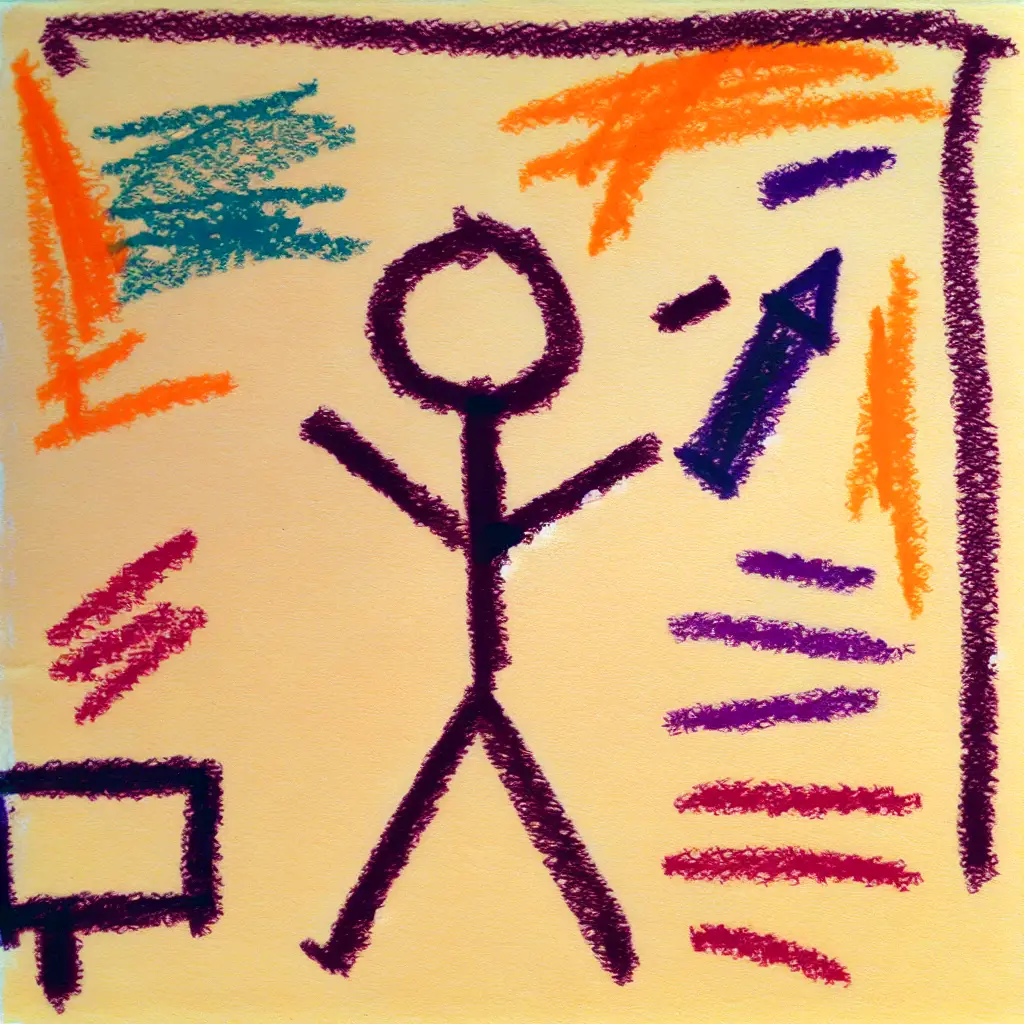Brett Kavanaugh says he doesn’t owe the public an explanation

Explain Like I'm 5
Imagine you're playing a game where you make some rules but don't tell anyone why those rules are important. Brett Kavanaugh, who helps make very big decisions for America, said something similar. He was part of a team that made some important decisions to help a man named Donald Trump, but he didn't explain why they decided what they did. It's like saying, "We can do this because we are in charge," without telling anyone why they chose to play the game that way. Some people think that's not fair because they want to understand the rules of the game too.
Explain Like I'm 10
Justice Brett Kavanaugh, who works at the Supreme Court (that's like the boss level of judges in the United States), recently said that he and his team don’t need to explain why they make certain decisions. They made some decisions that helped President Donald Trump, but they didn't share why they chose to do that. Normally, when the Supreme Court makes a decision, they explain their reasons so everyone understands and trusts what’s happening. But this time, they used something called the "shadow docket," which is a quicker way to make decisions without giving a full explanation. This has made some people upset because they feel like they have the right to know why important decisions are made, especially when it affects the whole country.
Explain Like I'm 15
Justice Brett Kavanaugh defended the use of the Supreme Court’s "shadow docket" during a speech at a judicial conference. The shadow docket is a way the Court can make decisions quickly and without the usual detailed explanations. These decisions often come late at night and can have a big impact, like those that favored President Donald Trump in recent times. Historically, the Supreme Court has been very careful about jumping into legal battles, typically waiting for issues to pass through lower courts first and providing detailed opinions that explain their rulings. This transparency helps the public understand and trust the judicial process.
However, Kavanaugh argues that detailed explanations aren’t always necessary and that the justices don't owe the public an explanation for every decision. This stance has sparked debate about transparency and accountability in the judiciary, especially regarding decisions that can deeply affect the nation. Critics argue that without these explanations, it's hard to understand the Court's reasoning, potentially eroding trust in this vital institution. The use of the shadow docket isn't new, but its increased frequency and the nature of cases being decided are raising concerns about the balance of power and the transparency of America’s highest court.
Want to read the original story?
View Original Source